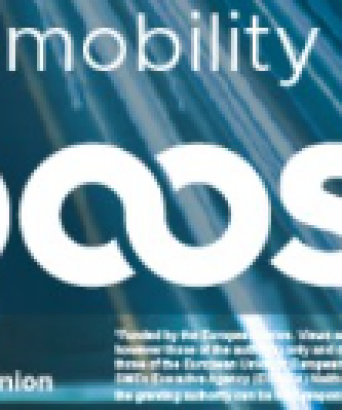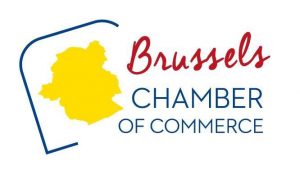On 7 November 2023, the European Commission opened a feedback period on its proposal for the revision of the Combined Transport Directive.
The Combined Transport Directive supports the shift from road freight to lower emission transport modes such as inland waterways, maritime transport and rail. In light of the European Green Deal’s calls for higher ambition and the need to implement the ‘polluter pays’ and ‘user pays’ principles, this initiative will review:
- which transport operations should be supported
- which support measures would be most effective in this regard.
Stakeholders are invited to read the proposal for a Directive and submit their comments by 23 January 2024.

Don’t hesitate to get in touch with EEB to better understand the EU policy and funding framework and how this could support your projects!





